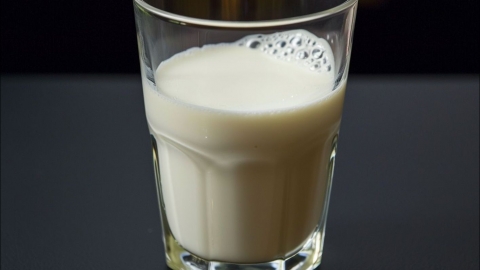Who is whole milk suitable for drinking?
Generally, whole milk is suitable for consumption by the elderly, children, pregnant women, manual laborers, individuals with malnutrition, and other similar groups. A detailed analysis is as follows:

1. The Elderly
The bodily functions of the elderly gradually decline, and problems such as osteoporosis may occur. The high calcium content in whole milk helps supplement calcium, prevent the occurrence of osteoporosis, and maintain bone health.
2. Children
Children are in a stage of growth and development and require sufficient nutrition to support physical development and immune system formation. Nutrients in whole milk, such as protein, B vitamins, and minerals, help meet children's nutritional needs and promote healthy growth.
3. Pregnant Women
Pregnant women need to supplement sufficient nutrients during pregnancy to support fetal growth and development. Whole milk, rich in high-quality protein and calcium, can promote fetal growth and development.
4. Manual Laborers
Manual laborers require more energy and nutrients to support physical activity and recovery. The fat and carbohydrates in whole milk can provide energy, while the protein in milk helps muscle repair and growth.
5. Individuals with Malnutrition
The high calories and nutrients in whole milk can provide energy and nutritional support. For individuals suffering from malnutrition, moderate consumption of whole milk can help improve nutritional status and increase body weight.
In daily life, the principle of moderation should be followed to avoid excessive consumption of whole milk, which may cause physical discomfort. Additionally, when drinking whole milk, it can be paired with foods containing more starch, such as bread and rice, to help the body better digest and absorb the protein in milk.







